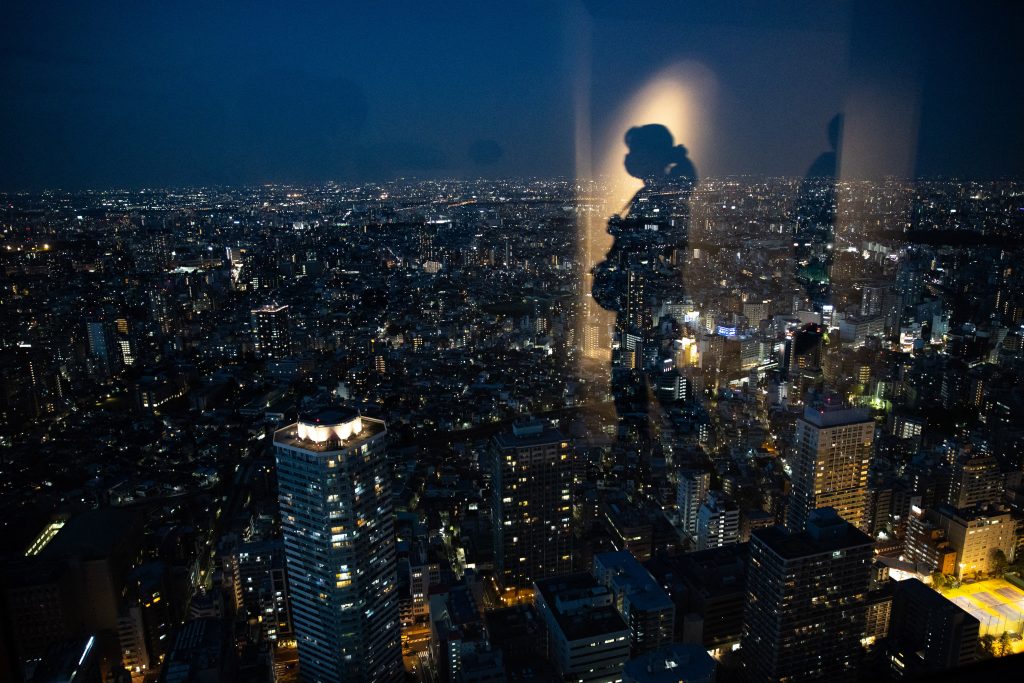
- ARAB NEWS
- 04 Jul 2025

TOKYO: Tokyo is starting to see signs of a resurgence of the novel coronavirus, which are making it difficult for the Japanese capital to adhere to its ideal scenario of having its pre-emergency designation lifted on the current expiration date of July 11.
The Japanese government is hoping to stop the renewed uptrend in infection cases, which one government source said may require a state of emergency declaration, from worsening by accelerating vaccination efforts and boosting measures to restrict the movement of people.
Measures need to be taken urgently especially as deteriorating infection conditions may force the country to ban spectators from the Tokyo Olympics and Paralympics this summer.
“The question is what to do with the pre-emergency status on the 11th” of July, health minister Norihisa Tamura said at a press conference Friday. “We are keeping in mind the possibility of another declaration of a state of emergency if there are further infection spikes.”
The pre-emergency designation allows prefectural governors to impose restrictions similar to but less strict than those introduced under an emergency declaration.
The daily number of infection cases in Tokyo rose by more than 100 from a week earlier for the fourth consecutive day on Saturday.
One factor driving the growing figure is the increased movement of people.
While the growth of people’s movement had already been pointed out during the latest state of emergency that covered Tokyo through June 20, data by the Cabinet Secretariat show that such increases have been seen not just for young people but also for people aged 60 and older since the beginning of June.
Meanwhile, many restaurants and bars have begun offering alcoholic drinks after 7 p.m., against the government’s requests to refrain from doing so.
Such developments have led to one expert predicting that the highly contagious delta variant will become the main coronavirus strain in Japan in July.
According to informed sources, government simulations predict that the average daily number of infection cases in Tokyo over a week will reach around 700 by July 20, immediately before the July 23 start of the Tokyo Games.
“We’ll be lucky if we can withstand just by continuing pre-emergency measures,” according a senior government agency official.
The resurgence in infections are also forcing a reconsideration of how the Tokyo Olympics should be held.
The central and Tokyo metropolitan governments and the organizing committee have set the maximum number of spectators at 10,000, but the decision is based on the assumption that the pre-emergency measures will be lifted by the start of the Olympics.
Prime Minister Yoshihide Suga said that he will not shy away from barring spectators to ensure safe and secure games if a state of emergency is declared, but did not elaborate on what he will do if pre-emergency steps continue.
A cabinet minister said, “If the pre-emergency designation cannot be lifted, the Olympics should be held without spectators.”
Meanwhile, there are uplifting signs as well. The rate of infections among elderly people, who have higher risks of developing severe symptoms after contracting the coronavirus, has remained low.
Japanese economic revitalization minister Yasutoshi Nishimura, who leads the central government’s COVID-19 response, said that the government will “analyze whether the effects of vaccinations are appearing” and pushing down elderly infections.
The government is aiming to complete two shots of the coronavirus vaccine for all elderly people by the end of July so that severe symptoms become less frequent and burdens on medical institutions are reduced.
However, a member of a government expert panel said, “It is dangerous to expect the effects of vaccinations at this point, as there are cases of delays in inoculations at some elderly care facilities.”
The expert said that changes in the number of new infections should be watched closely.
From the week starting Monday, the central government will consider boosting infection prevention measures, possibly by asking restaurants to stop serving alcohol again, in cooperation with the Tokyo metropolitan government.
The central government plans to decide whether to lift the ongoing pre-emergency measures in Tokyo and other areas as early as July 8.
JIJI Press